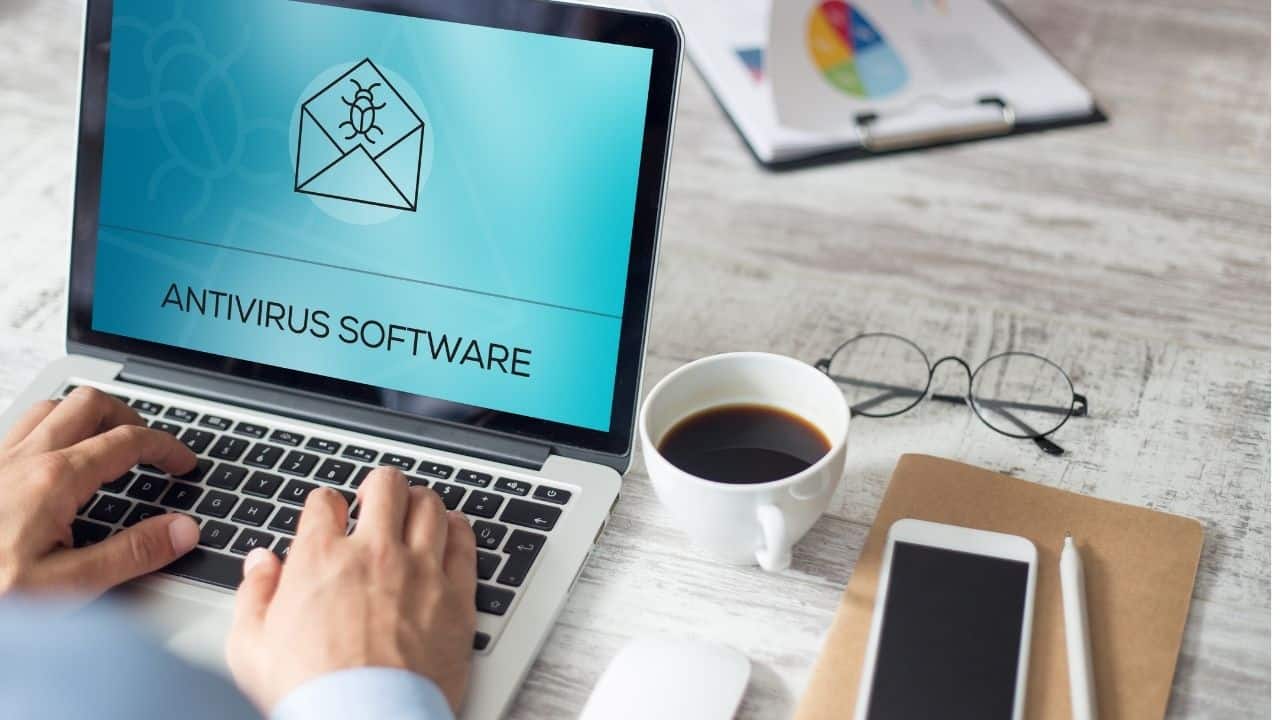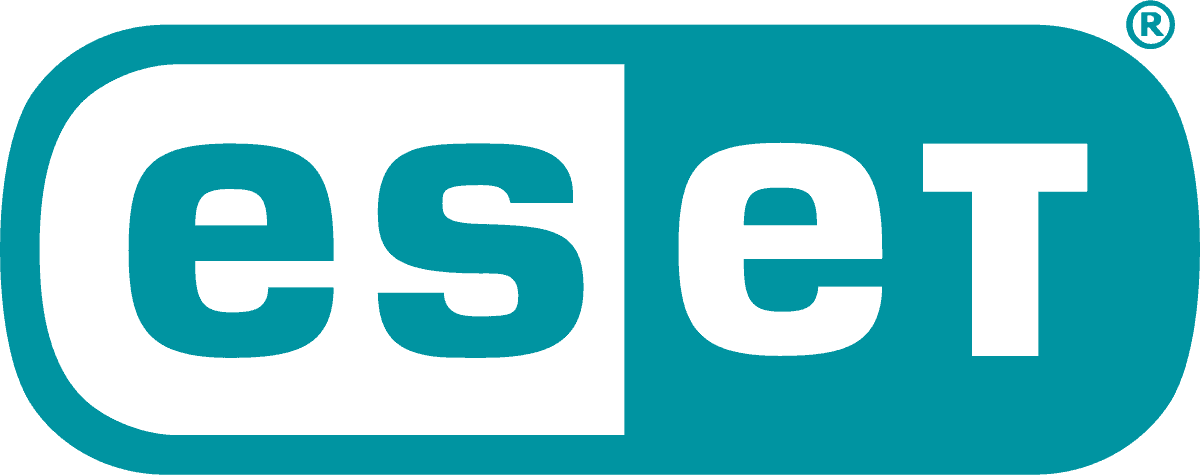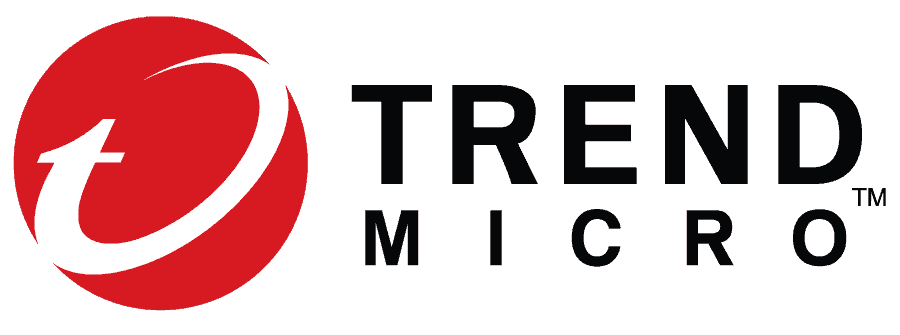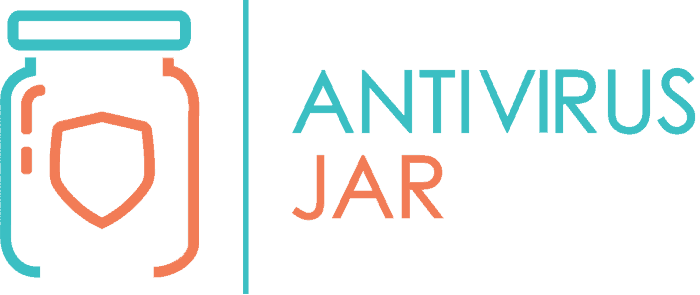
Compare The Best Antivirus Software
 |  |  |  |  |  |  |  |  |  |  |  | |
| VISIT SITE | VISIT SITE | VISIT SITE | VISIT SITE | VISIT SITE | VISIT SITE | VISIT SITE | VISIT SITE | VISIT SITE | VISIT SITE | VISIT SITE | VISIT SITE | |
| Detection Capabilities | Excellent | Excellent | Excellent | Excellent | Excellent | Good | Excellent | Excellent | Excellent | Excellent | Excellent | Excellent |
| System performance | Excellent | Excellent | Excellent | Excellent | Excellent | Excellent | Good | Excellent | Good | Excellent | Excellent | Excellent |
| Features | Excellent | Excellent | Excellent | Excellent | Excellent | Good | Good | Excellent | Excellent | Excellent | Excellent | Excellent |
| Value For The Money | Excellent | Excellent | Excellent | Excellent | Excellent | Excellent | Excellent | Excellent | Excellent | Excellent | Excellent | Excellent |
| Protection | ||||||||||||
|---|---|---|---|---|---|---|---|---|---|---|---|---|
| Real-Time Protection | ||||||||||||
| Removes Malware | ||||||||||||
| Removes Spyware | ||||||||||||
| Removes Adware | ||||||||||||
| Dedicated Ransomware Protection | ||||||||||||
| Anti-Phishing | ||||||||||||
| Anti-Fraud | ||||||||||||
| Rescue Mode | ||||||||||||
| Features | ||||||||||||
| VPN | ||||||||||||
| Safe Online Banking | ||||||||||||
| Webcam Protection | ||||||||||||
| Parental Advisor | ||||||||||||
| Vulnerability Scanner | ||||||||||||
| Firewall | ||||||||||||
| Quiet Mode | ||||||||||||
| Social Network Protection | ||||||||||||
| Password Manager | ||||||||||||
| Anti-Theft | ||||||||||||
| Data Shredder | ||||||||||||
| Battery Mode | ||||||||||||
| Support | ||||||||||||
| Phone Support | ||||||||||||
| Live Chat | ||||||||||||
| Compatibility | ||||||||||||
| Windows | ||||||||||||
| Mac | ||||||||||||
| Linux | ||||||||||||
| Android | ||||||||||||
| iOS |
It all depends on your knowledge of cyber threats. If you know how viruses and malware can infect your computer, you might not need one. If you have no idea or knowledge about this, you should consider using one.
But antivirus software is not what it was in the 90s when the internet era started. It is more of a security suite. It deals with viruses and malware but also with your online privacy. Most antivirus vendors will offer a VPN, a secure browser for banking, and many other features.
Also, they got more sophisticated. Some of the antiviruses use AI to identify threats. Some antiviruses have a gaming mode that theoretically will optimize your PC for best gaming performance. And o lot of other features that are confusing and on paper sound good!
Windows also comes with a prebuild Antivirus solution that is pretty good. So do you really have to go and buy another antivirus? Maybe. So let’s identify the ways that you can get infected with a virus or malware:
Torrents
Computer Software, Video games, and any type of media can be found for free on torrents. But that could come with some extra stuff. Most of the paid software is hacked in order to bypass the registration verification and some hackers will add an extra spice to them. They will inject the software with viruses and malware. This is why you should never download stuff from torrents. Plus it is illegal to use software that you don’t have a license for
External Storage Units
External HDDs, SSDs, or flash drives can be infected too. If your friend connects his infected flash drive to your computer you will get that virus or malware. But this is a bit less common today than it was 10 – 15 years ago. Most of the data transfer happens through the cloud.
You can get infected from a brand new external storage unit. Every such device has firmware which is the software that storage uses to run. The firmware can be infected and could not be deleted by formatting the device. But this will happen only if you buy the device from places like eBay and it is incredibly cheap.
Phishing Attacks
Hackers are trying to fish for you and your money. One of the ways this is happening is through email. Email providers and servers will automatically filter the fishy emails but some still get through. More often phishing emails are intended to scam you not to infect your computer. Check the description box to watch a video about the most common phishing scams.
Using Social Media
Hackers will use social media to post links that contain malware and viruses. This is not that common but be careful. If you don’t know the person that shared the link and has information too good to be true, scroll away!
Advertisement
Most of the Advertisement Platforms are not approving malicious content. But hackers are ingenious and will pass the ad platform filters. Most often those types ads are placed where the user is vulnerable like on websites for streaming movies illegally or porn websites
Visiting A Website
A website doesn’t have to be malicious to pose dangers to a user. Sure, there are many malicious websites out there, specifically built to cause harm. Your browser will alert you about them. Yet those are not the only threat.
There are also legit websites that may contain pieces of malicious content. Websites that have been hacked and that contain hidden malicious code. The code was inserted by hackers, without the knowledge of the person who operates the website in good faith.
Sometimes it’s a script, other times it’s an ad, and the list can go on and on.
Scareware
Scareware is a type of malware that leverages pop-up ads and social engineering tactics to manipulate online users. Usually, you will see a pop-up ad that will tell you your computer is infected and encourages you to buy or download specific software that will take care of your ‘cybersecurity problem’. Those programs are malware!
Those are just some ways you can get viruses and malware. I told you that Windows 10 and 11 also come with a decent antivirus called Microsoft Defender. This Antivirus received the highest score for Protection, Performance, and Usability from AVtest. And this is no surprise since this is a Microsoft product designed for Windows.
Where Microsoft Defender lacks is the extra features that a premium antivirus offers. Like: VPN, Password manager, Secure Browser, Website scanner, Email Scanner, Performance booster, and the list goes on and on.
If you are not a tech-savvy individual and would like to have the extra features that a premium antivirus has you should buy antivirus software. You can find in the description below discounts to most of the antivirus vendors a more detailed list with scores and features of those antiviruses.

